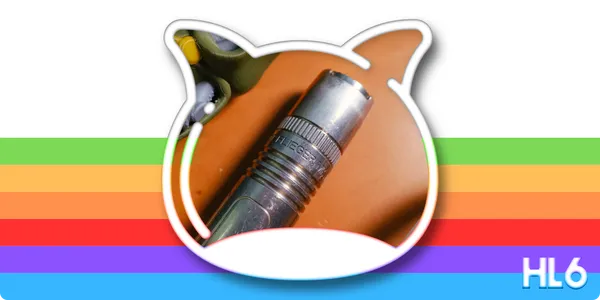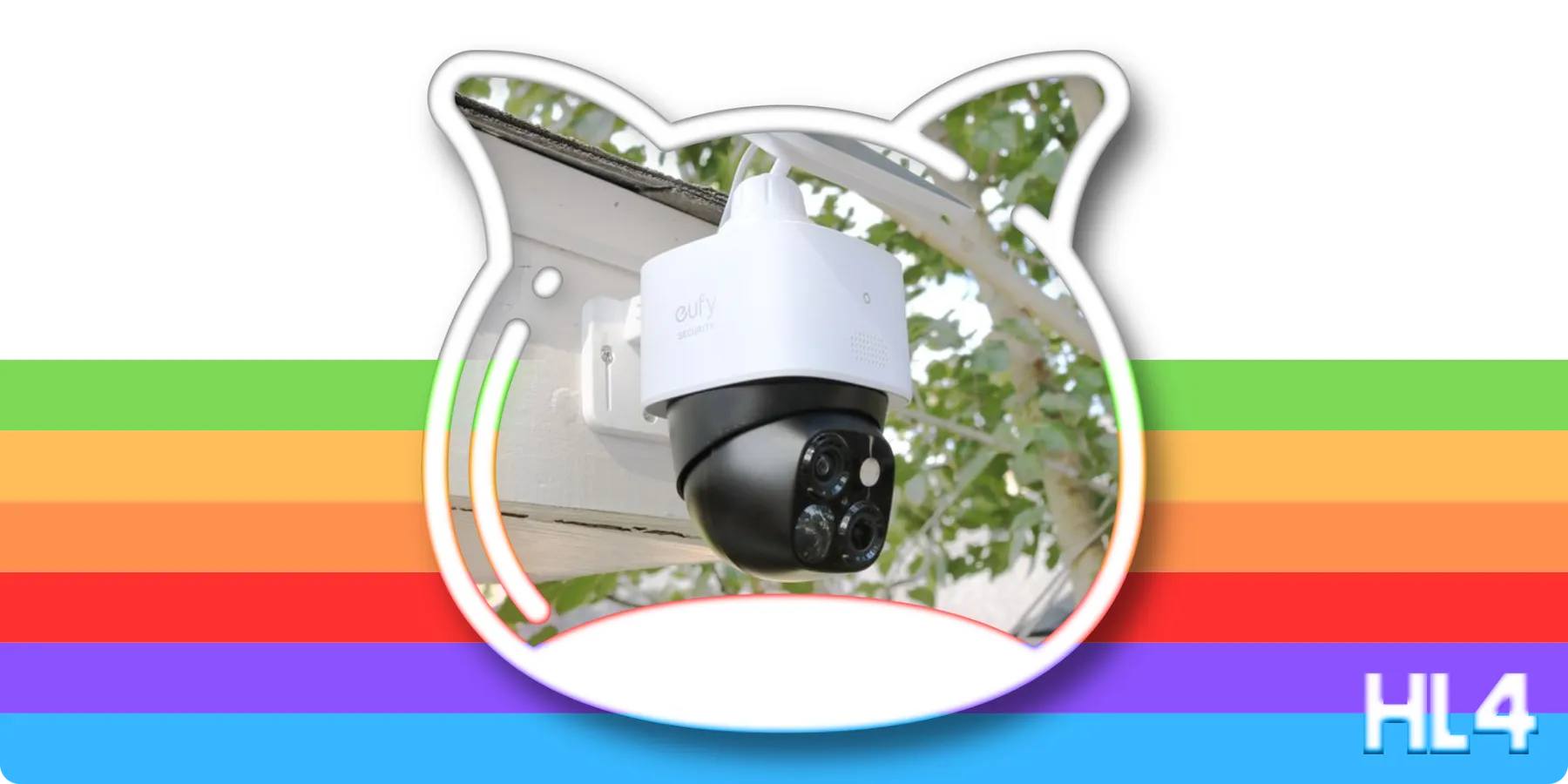
🔬 Muyshondt Flieger
farewell for now


The wildly successful Chinese electronics manufacturer, Anker, has a subsidiary named eufy that makes everything from autonomous robotic vacuums to home security cameras. In 2022, they were caught in a lie after claiming their home security camera feeds were end-to-end encrypted when in fact they were streaming unencrypted and openly available for anyone who knew the right place to look. Since then, they have undergone a major PR campaign and overhauled both their security and privacy setups. Now their home security cameras are local-first in order to avoid sending anything to their servers unless you explicitly choose to do so.
When my smart home video camera system failed recently, I went back to the market to find something with both high quality and a strong emphasis on privacy. I was surprised to see eufy was one of the only contenders that checked all of my boxes. So I dipped my toe in and bought their video doorbell. I was so pleased with the experience, I wound up buying several more cameras for my property. Having had them in place for a while now, I'm ready to share my thoughts. Have they made amends properly? Is the quality of the product worth the risk? Should it be let out of the Lab? Read on to find out.
Let me start by laying out the system that I set up— I started with the eufy Video Doorbell S330, then added a few eufy SoloCam S340's, and an eufy Floodlight Camera E340. The two standout features all three of these models have in common is they each feature two built-in cameras, and offer local storage and AI processing solutions.
Let's talk cameras first. For the video doorbell, there is one wide angle camera pointing up at anyone approaching, with another camera pointed down to monitor any packages left at your door or pets that may be pawing their way in. Meanwhile, both the SoloCam and Floodlight Camera feature a wide camera and a 3x optical zoom camera mounted on a rotating hub. This allows you to observe and track people and animals on your property in 2k with high detail optical zoom. I have found the video quality to be excellent in both day and night time recordings. The cameras are prone to less flaring and more aptly handle dynamic exposure better than previous security camera systems I've had. I particularly like having simultaneous wide angle and zoomed in video of subjects available.
As for local storage and AI processing, the application is fairly straightforward and does an excellent job of explicitly pointing out what features are available for Local Storage vs which ones would require you to send data to the cloud / eufy's servers. I do not recall a single instance of the app defaulting to cloud solutions, it was always opt-in. While the SoloCam's do feature a small amount of local onboard memory storage, and the Floodlight Cam will allow you to install a memory card to store recordings on device, real long term storage is made possible via the eufy HomeBase S380. The device offers 16GB of built-in storage, but is expandable to up to 16TB. This not only gives you added privacy by owning your own recordings, but also saves on the recurring monthly fees many camera manufacturers charge for streaming and storage.
I've found the caching, retrieval, and AI analysis of recordings to be excellent. The S380 even lets you even do locally-managed biometric analysis—you provide a photo of a person and their name, then the eufy app will notify you by name when that person is spotted on one of your cameras. The app also recognizes when packages or pets are spotted on camera and will notify you appropriately. Of note, notifications are opt-in, as they do require sending data to eufy's servers. However, not only can you choose whether to leverage notifications at all, but also how much data to send to eufy—so you can have your system just send a notification that a person was spotted, and your phone will get a push notification with a text alert, or you can choose to include a snapshot of the footage, in which case you will get a push notification with the alert and a photo of who/what was seen. This has all worked smoothly in my testing.
The last compelling feature for me for some of eufy’s devices is off-grid back-up. The video doorbell and the SoloCam both feature built-in batteries so they can continue to function even in a power outage, and the SoloCam features a solar panel that will constantly recharge its batteries, allowing it to be a completely wireless install. Given the flakiness of the Texas power grid, I particularly appreciate knowing my system will still run even when the lights go out.
In terms of complaints, my biggest gripe is that I wish the cameras integrated with Apple HomeKit—eufy does offer HomeKit Secure Video Kit integration on some of their cameras, but not these. It's my understanding that’s due to the high resolution streaming of these cameras—HSVK disappointingly does not support cameras that record/stream at anything over 1080p.
So, let's talk about the catch. As alluded to in the preamble, in 2022 a security researcher discovered eufy was not encrypting its web streaming video feeds (while claiming they were), leading to a major showdown with The Verge in which they initially refused to acknowledge the issue, then removed some of their privacy claims from their privacy policy, before coming full circle and apologizing, fixing the issue, and promising to bring in 3rd party security auditors moving forward.
Frankly, this is a terrible look for a security company. Not only did they have a glaring security hole, but they actively tried to deny it, and refused to answer questions from reporters about it. Anyone would be completely justified in having their trust in the company completely eroded.
To eufy's credit, beyond acknowledging and fixing the issue, they have since started a bug bounty program and doubled down on making everything local by default. I was impressed by the very clear and transparent explanations they give throughout the product setup where the app makes it clear what options might require sending data to them versus keeping it local.
Like many of these things, whether or not that's good enough will ultimately depend on your threat model. For my own humble purposes, I'm satisfied that this is good enough—and in my own twisted justification, I'm more comfortable with the remote possibility that eufy is secretly grabbing video from my outdoor cameras than the absolute certainty that Amazon is with their competing offering. While Amazon claims they are no longer giving carte blanche, unwarranted access to their Ring customer's footage to the Police, they will still turn over your footage in response to a warrant or an ambiguously defined "life threatening emergency."
So, is this safe to take out of the lab? For a lot of us, I'd say yes—but go in with eyes wide open, and be prepared to pivot should there be new revelations.